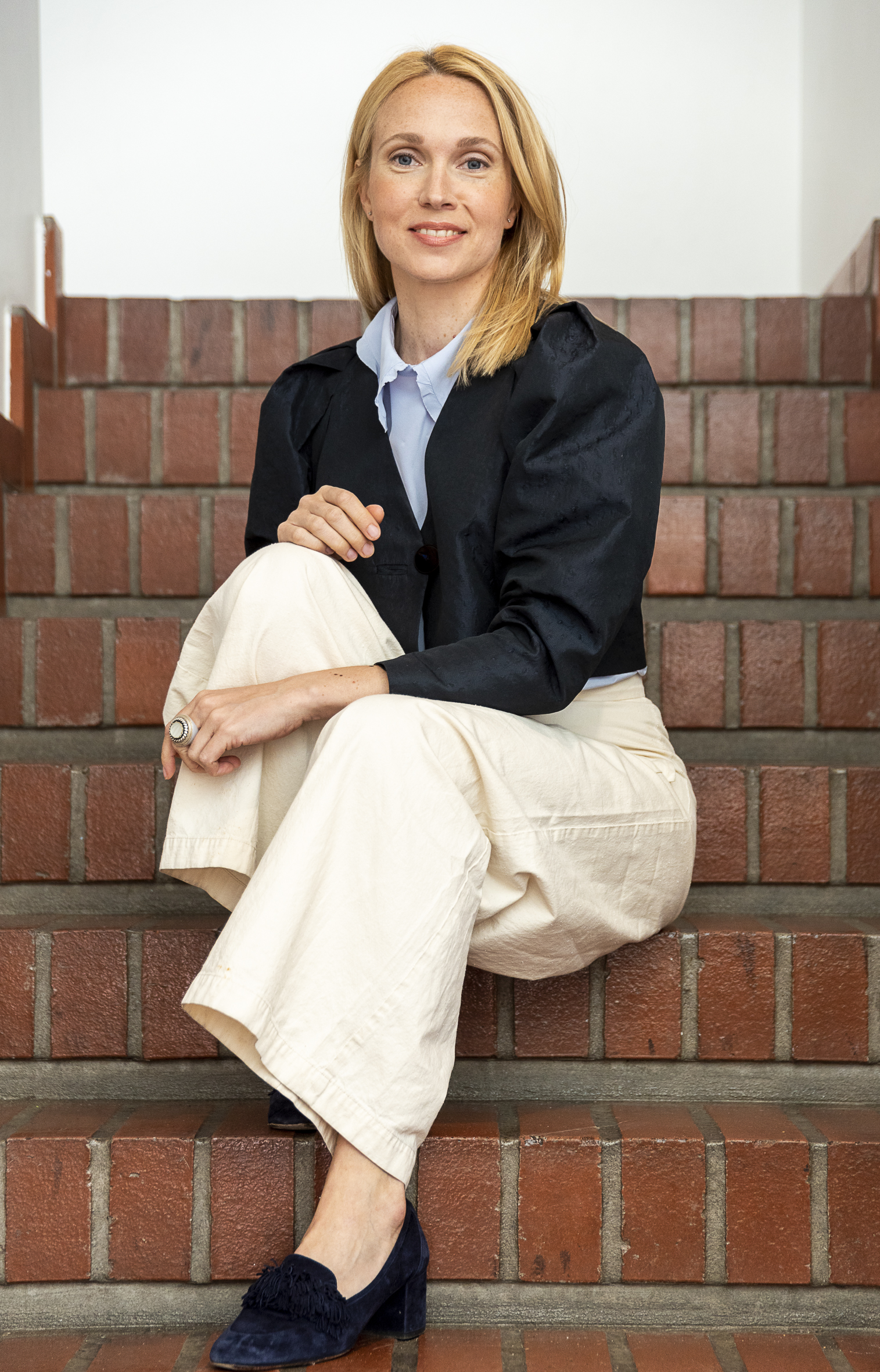The World Happiness Report, unsurprisingly, ranks Finland as the world’s happiest country. Helsinki, the capital city, attributes Finnish happiness to a resource-first orientation, according to Mari Männistö, Culture Director at the City of Helsinki.
Helsinki’s Culture Kids Program has emerged as a remarkable endeavor that has caught the attention of both young and old alike. With a count of nearly 14,000 participants and growing, this unique initiative has become a coordinated effort linking psychology and the arts. The program has successfully captured the interest of an impressive 66-69% of children born in 2020 or 2021 and residing in Helsinki. Truly, this initiative has struck a chord with the city’s youngsters, inviting them to embark on an extraordinary artistic journey.
Happiness is opportunistic, where this is a “critical moment to make it right…to make the circumstances available for happiness [for everyone]”, Männistö explains. Cultural competence and inclusion, innovative segments of diversity and acceptance, are taught as categories of a happy society. Finland has taken notice, establishing a cultural framework highlighting progress, not regress.
Under the Culture Kids Program, every child is paired with a designated cultural institution, which becomes their familiar sanctuary and the go-to place for exploration. Over 30 prominent art and cultural organizations have eagerly joined hands to bring this initiative to life, ensuring that the participating children have access to a diverse range of artistic experiences.
“At least two cultural events are extended to these young participants each year until they commence their free basic education. What’s more, these cultural events are entirely free of charge for them,” explains Männistö. This remarkable opportunity not only exposes children to various art forms but also nurtures their development and well-being. Culture Kids advances education not as a supplementary program but as a complementary approach to arts, theater, performance, and psychological constructs elevating society and contributing to Helsinki’s motivated persistence of happiness.
The parents, guardians, and family members participating in the free program benefit, too. Männistö mentioned the Contemporary Dance program. Parents who “had never been before” found extended value by instilling work-life balance, self-reflection, and a positive direction in their own happiness through program participation. Contemporary Dance became an element of their existence not by accident but through opportunity.
“It’s All About the Baby.” This innovative approach to education and cultural inclusion not only benefits the young participants but also extends its positive impact to their families. Helsinki’s commitment to cultivating a society that prioritizes happiness and cultural enrichment sets a precedent for progress and sets the stage for a brighter future. It’s all about embracing the power of culture and ensuring a joyful journey for the next generation.
Having a Pet Increases your Chances of Happiness(Opens in a new browser tab)
The future is exciting. These are generational trends certain to extend Finland’s success as the happiest country in the world, and Mari Männistö is a critical element in inviting children to share in the happiness at a young age. The payoff, she proclaims, is not comprehendible at the moment. I believe Culture Kids is shaping an otherwise lost generation of youth, inspiring change at the ground level and laying a framework for a happy society.
